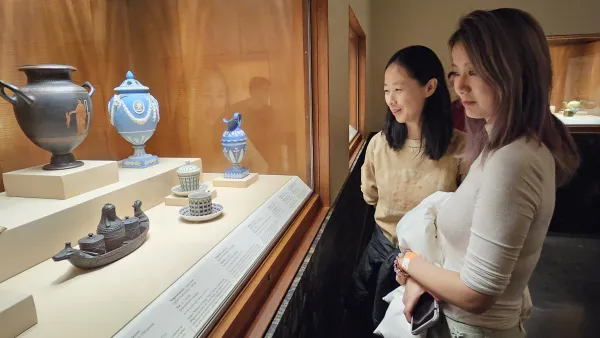
Starting this fall, students in Arts & Sciences will be able to major or minor in East Asian Languages and Cultures. The department’s three existing tracks in Chinese, Japanese, and Korean will be consolidated into a single major and minor.
In recent years, students in the department have expressed interest in a more comparative approach to studying East Asian languages that would explore the relationship between nations within the region.
“Our majors have increasingly expressed their misgivings about the ‘silo’ approach to treating our three civilizational domains,” said Marvin Marcus, chair of the Department of East Asian Languages and Cultures and professor of Japanese and comparative literature. “They have pointed to the many profound ways in which apparently discrete historical legacies and cultural traditions are in fact intertwined with those of their East Asian neighbors — and beyond. In short, our majors are wanting to explore the rich interconnectivity that better represents the global trends that have long shaped, and continue to shape, East Asia.”
The change builds on EALC’s already robust language teaching program known across campus for its extracurricular activities, including language tables, cultural events, and guest lectures. These offerings support students learning a second or third language and provide them with fun, low-stakes environments to test out their growing language skills. By combining the three majors and minors into a single program, the department hopes to extend that community feeling across linguistic borders.
“The new program will better enable the department to address students’ demand for broader-based courses in cross-societal and national comparisons, reinforcing a sense of community among our majors,” said Zhao Ma, associate professor of modern Chinese history and culture and director of undergraduate studies in EALC.
Creating a space for students to interact with students learning other languages from the same region will enable them to make connections that they may not have chanced upon before.
“As we envision the increasing — and inevitable — interconnectedness and interdependence of our world,” Marcus explained, “we consider it essential to equip our students with the sort of training in East Asian languages and cultures that will best prepare them to be productive scholars and professionals, and educated global citizens.”
Students who wish to pursue a more focused approach to their study of a particular language will still be able to do so, and the language programs will continue to offer their full sequence of courses in Chinese, Japanese, and Korean.
For more information about the major and minor in East Asian Languages and Cultures, visit the department’s website.

